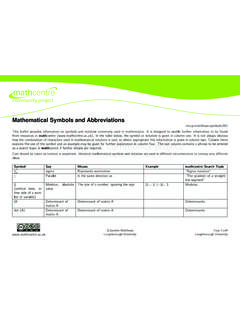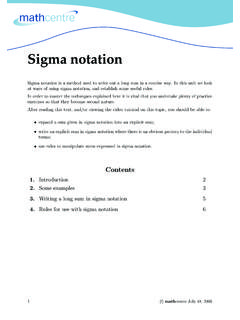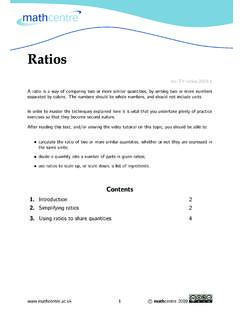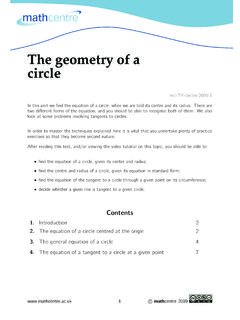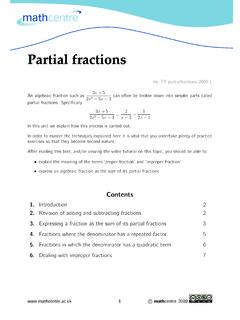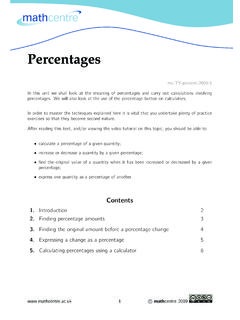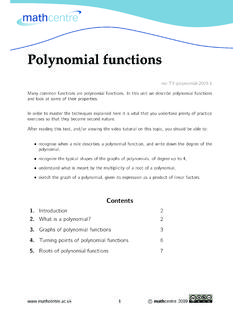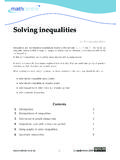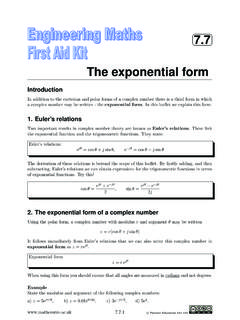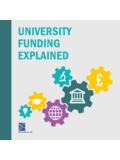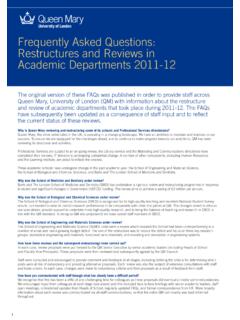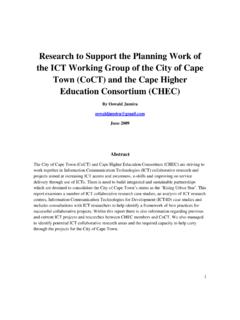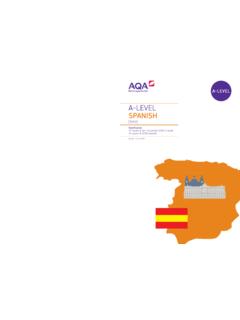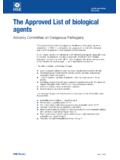Transcription of evaluation of mathematics support centres - …
1 evaluation of mathematics support centresa review of the literaturebAuthors Janette Matthews1, Tony Croft1, Duncan Lawson2, Dagmar Loughborough University, 2 Coventry University, 3 University of Birmingham Loughborough University on behalf of the National HE STEM ProgrammeISBN 978-0-9567255-7-8 November 2012 Published byThe National HE STEM ProgrammeUniversity of BirminghamEdgbastonBirmingham, B15 1 Executive Summary 32 Introduction 43 The prevalence of mathematics support centres 84 Aims and objectives of a mathematics support centre 105 evaluation of mathematics support centres 11 Mechanisms of data collection for usage statistics Collecting data through questionnaires, focus groups and interviews Challenges to collecting data to evaluate mathematics support centres Evidence from internal and external reports6 Analysis 18 Evidence of analysis to show mathematics support centre usage Evidence of analysis to evaluate mathematics support centre impact on student performance and retention Student satisfaction.
2 Wellbeing and mathematical confidence Non-users of mathematics support centres Analysis of mathematics support centres in relation to staff7 Further Research 238 Conclusion 249 References 253 Section 1: Executive SummaryMathematics support centres (MSCs) have been established at universities in the UK and in a number of other countries elsewhere such as Australia and Ireland. Their chief functions are to address issues surrounding the transition to university mathematics and to support students learning of mathematics and statistics across the wide variety of undergraduate courses that require an understanding of mathematical concepts and is a growing body of research studies, which have looked into a number of areas such as: the establishment of a MSC; the usage of MSCs and mechanisms for recording usage data; feedback from students and staff and ways to collect this; effects on achievement, pass rates and retention rates; and the prevalence of MSCs in the higher education sector.
3 More recently researchers have begun to examine the effects of MSCs on undergraduates mathematics learning experiences and mathematical confidence, and to address issues concerning students who are at risk or underachieving and not engaging with the facilities offered by their report reviews and synthesises all the available published research evidence so that informed decisions can be made about the value of mathematics support activity and the targeting of future funding. The literature reveals that: a number of studies have been conducted concerning the prevalence of mathematics support centres in the UK, Australia and Ireland. These indicate that mathematics support has grown over the years and is now universally adopted by nearly all universities which have programmes requiring mathematical, statistical or other quantitative elements.
4 The evaluation of mathematics support centres is taking place. In its simplest form, this may consist only of usage statistics or a description of what a support centre may offer or activities that take place to support students. increasingly rigorous studies are being undertaken to show the impact of mathematics support . These studies show through both qualitative and quantitative analysis that students who access mathematics support benefit in terms of achievement and confidence in their studies. These benefits are demonstrated through an improvement in academic results and a positive impact on progression and retention. methods employed for evaluation include regression analysis, diagnostic testing to identify students who should be accessing mathematics support and subsequent follow-up, comparisons of pass and/or failure results over several academic years of groups of students including those who do not access support .
5 The evaluation of mathematics support is particularly challenging. The literature reveals why this is the case and shows how mathematics support practitioners are responding to the difficulties. an on-going issue with mathematics support is the group of students who should be accessing support and do not. The literature shows that research is being undertaken to determine the barriers to accessing support in order that these may be report concludes by identifying areas where further research would be 2: IntroductionIn the epilogue to the 2010 report Responding to the mathematics Problem: The Implementation of Institutional support Mechanisms, Kyle wrote: ..we see that the concept of mathematics support has not only become firmly embedded in UK Higher Education, but colleagues have moved on to gather data on the way students use such resources and look for optimal strategies for the delivery of this support , and this is perhaps the most convincing evidence of acceptance.
6 mathematics support came of age in the first decade of the 21st century. What might once have been described as a cottage industry now plays a respected and widely adopted role in Higher Education. (Kyle, 2010, 104)This observation reflected not only the growth in the number of mathematics support centres which have been established in higher education institutions both in the UK and in other parts of the world, but also that the community had begun to look into ways of measuring the effectiveness of mathematics support initiatives. Whilst there may have been some limited activity in the UK prior to 1990, it was during the period 1990 2010 when institutions publicly acknowledged that they had recruited many students onto mathematically demanding courses for which they, the students, were not well-prepared and moreover, that universities were taking steps to address the challenges for both students and staff which arose as a consequence.
7 Seminal to this willingness to acknowledge and respond was the report Measuring the mathematics Problem (2000) which reported that acute problems now confront those teaching mathematics and mathematics -based modules across the full range of [UK] universities and recommended that prompt and effective support should be available to students whose mathematical background is found wanting (Hawkes & Savage, 2000). Such support is often provided through mathematics support centres . Whilst the term mathematics support centre encompasses a wide range of provision, it should be interpreted in this report to mean a facility offered to students (not necessarily of mathematics ) which is in addition to their regular programme of teaching through lectures, tutorials, seminars, problems classes, personal tutorials, etc.
8 (Lawson, Croft & Halpin, 2003). In different institutions, it is known by different names such as Maths Drop-in, mathematics Learning support Centre, Maths Caf , espressoMaths and in most but not all, there is a physical space and resources provided to carry out the activities of the this twenty year period, audits of provision have been carried out in the UK, Australia and in the Republic of Ireland (see Section 3), which substantiate the claims of substantial growth in activity. MacGillivray & Croft (2011) note that a recurring theme in the audits is that centres often exist precariously and lack security, often staffed by very willing, but part-time, fixed term or casual staff or postgraduate students.
9 Although the audit of current provision in the UK (Perkin et al, 2012) found that the number of institutions offering some form of mathematics support had increased substantially, it also found a few instances of a reduction in mathematics support services in some UK universities due to restructuring of departments, retirement of key staff or insufficient funding. MacGillivray & Croft (op cit) emphasize the importance of collecting and analysing information to provide evidence of the contribution of support centres to improving student performance and reducing attrition. However, few centres have the resources to gather large quantities of data and some centres report that they do not have the expertise to analyse it.
10 MacGillivray & Croft note that many who work in support centres do so in order to spend their time teaching and supporting students, not researching, analysing data and reporting findings. Data collection has often, for understandable reasons, been scant. Nevertheless, as this report will show, there are now examples of centres where effort has been expended on systematically gathering data, analysing it, and publishing findings. In the three parts of the world previously mentioned - the UK, Ireland and Australia - there are individuals and groups carrying out this activity. evaluation and associated issues have been discussed at conferences, for example CETL-MSOR held annually in the UK and the Irish Workshop on mathematics Learning and support centres organised annually by the Irish mathematics Learning support Network.
